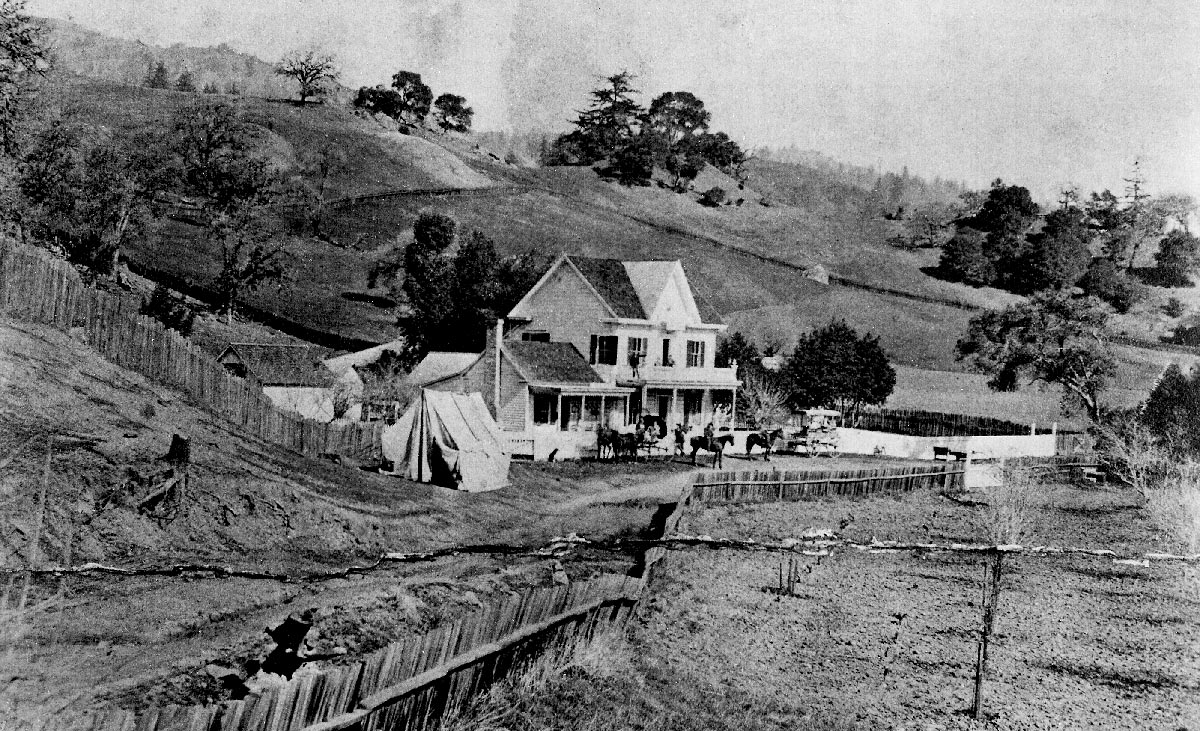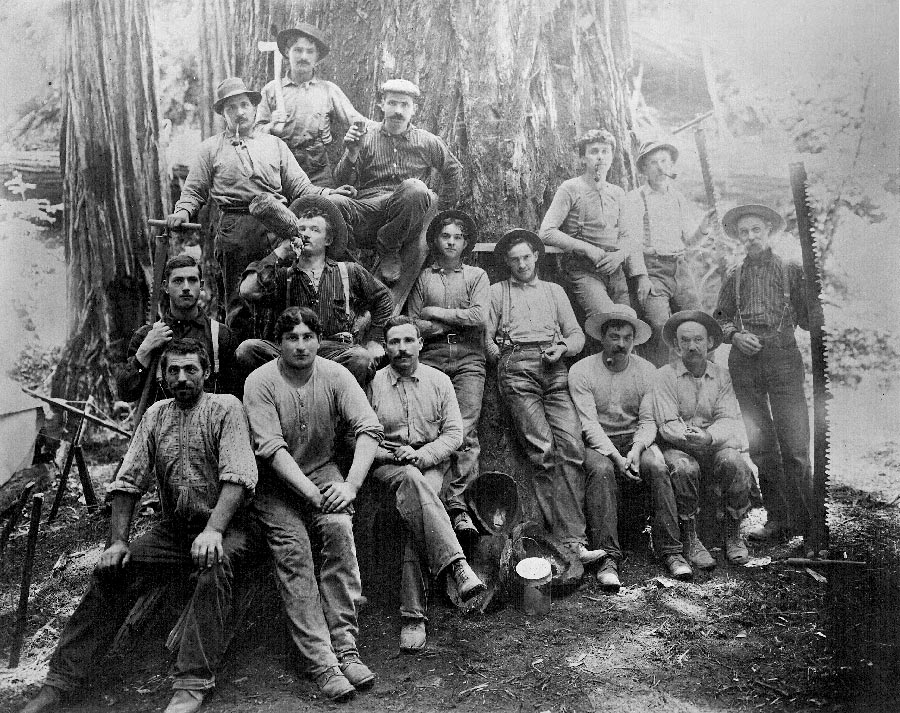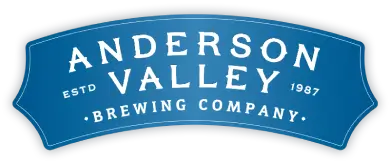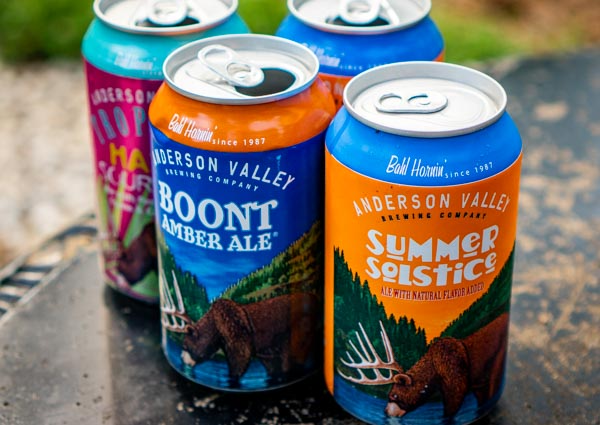Boontling & the History of Anderson Valley
Our History is Legend
Originally inhabited by the Native American Pomo tribe, legend has it that the first European explorers found their way to the area by accident in 1851 when Walter Anderson tracked a wounded deer through the wilderness and was separated from his hunting party.

After many hours of trailing the deer, he crested a rocky outcropping just south of what is now Boonville and looked out onto the land. While he never reported the fate of the deer, he did tell his companions about the spectacular valley he found.
Boontling: The World's Most Extraordinary Homemade Language
With a vocabulary of around 1600 words and fewer than 100 individuals who are able to fluently speak it, Boontling is simultaneously evolving and disappearing. Developed by an isolated and tightly knit community of farmers around the turn of the 20th century, Boontling is Boonville’s lingual claim to fame. Consisting of mostly nouns, adjectives and verbs, and hyper-local terms (the Boontling terms for “drunk” and “tattletale” derive from the names of local residents), Boontling was at one point taught in local schools, used by local soldiers fighting abroad in WWI to sneak messages home past military censors, and spoken by local sports teams to baffle their opponents. It was 1960 when California State University, Chico lexicography professor Charles Adams that the language gained more widespread notoriety, but by that time Boontling’s local parlance had been in decline for forty years.

While there are comprehensive Boontling dictionaries, few speakers remain. If you’re probably familiar with Bahl Hornin’ (good drinking) test your knowledge with the following words and phrases below.
- Apple Head
- A girl friend.
- Bahl Hornin’
- This means “good drinking” and is a way of saying “cheers”
- Bahlest
- excellent or great
- Barney Flats
- Hendy Woods National Forest. A spectacular forest of virgin redwoods, located in Anderson Valley
- Boont
- Boonville. The largest community and focal center of Anderson Valley. Also short for “Boontling”
- Brightlighter
- a city dweller, tourist
- Buckeye
- to relax, loiter; a vacation
- Burlappin’
- the act of sexual intercourse
- Charlie Ball
- To embarrass (A local indian of this name was easily embarrassed).
- Deep Enders
- Residents of the town of Navarro, located due west of Anderson Valley and bordering the Pacific Coast
- Frattey
- wine (“Frattey shams” would be vineyard)
- Gorm
- food, to eat
- Hairymouth
- a dog
- Harp
- to speak Boontling
- Heelch
- a large amount of something (derived from “the whole cheese”)
- Jape
- to drive a car
- Jeffer
- a large fire (A Boonter named Jeff built large fires in his fireplace.)
- Kimmie
- A man or father
- Mink
- a woman or girl
- Mollies
- a woman’s breasts
- Neeble
- no good, worthless
- Pike
- A hike or stroll
- Poleeko
- Philo. The second largest town in Anderson Valley, located 6 miles west of Boonville. (During elections in the early days, town issues were decided by a narrow margin of votes. Boonters said they “eeked it out at the polls” hence they became known as “poll eekers”)
- Rudy nebs
- pristine, mineral rich, well water.
- Tidrik
- A party; a social gathering. (Probably from “tea drink,” a dialectal expression meaning the same thing.)
- Yink
- boy or son
- Zeese
- Coffee. (A local hunter-camp cook nicknamed Zeese, from his initials Z.C., made bitterly strong coffee.)
Learn more about the story and people behind Boontling:


